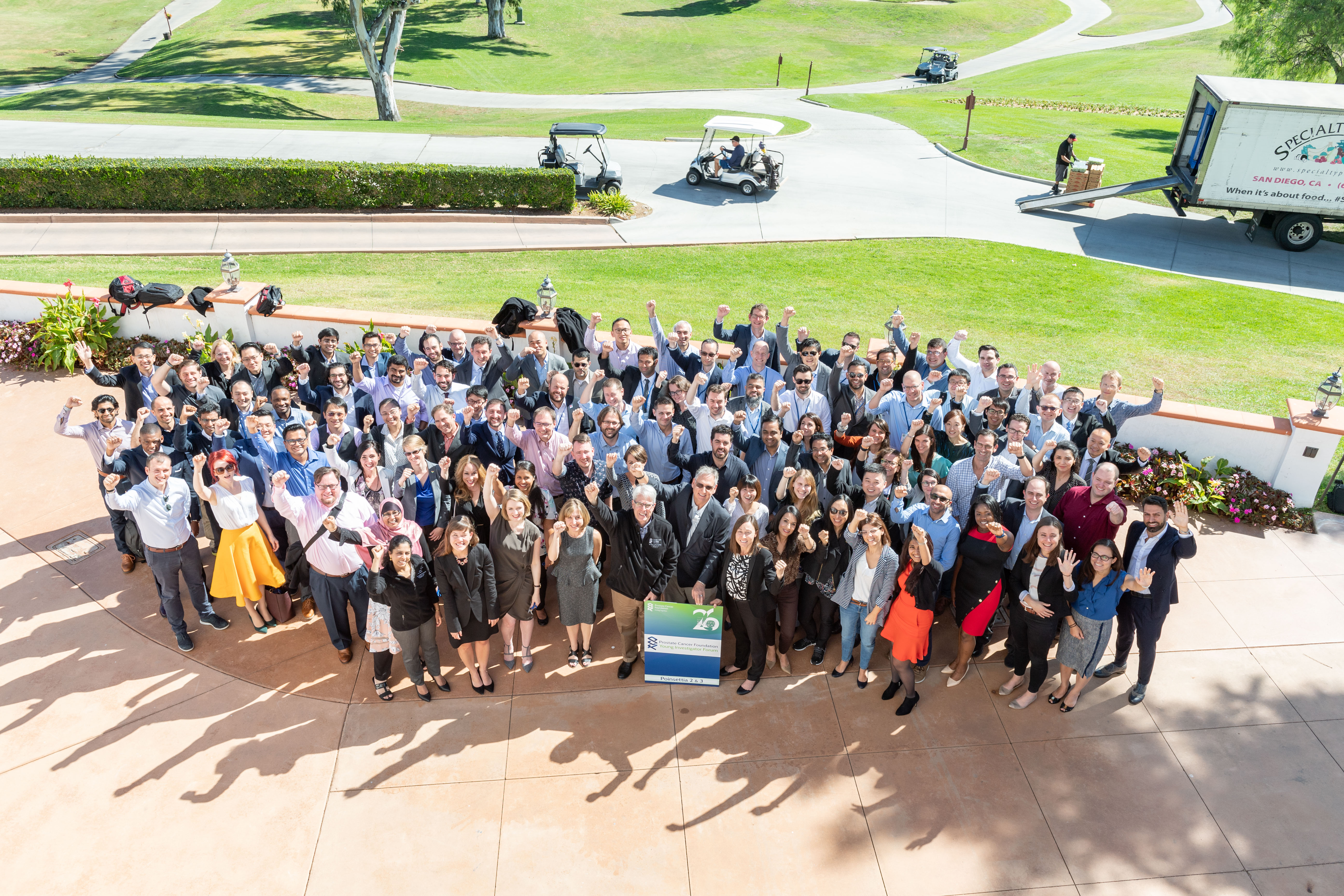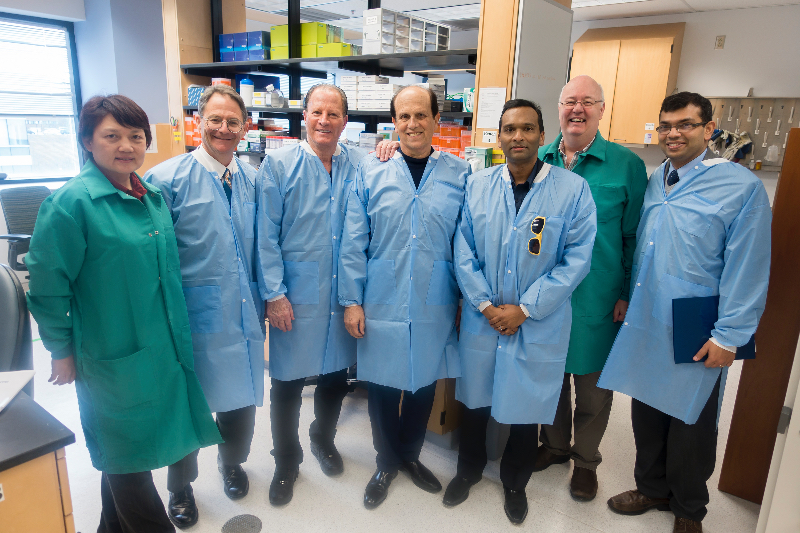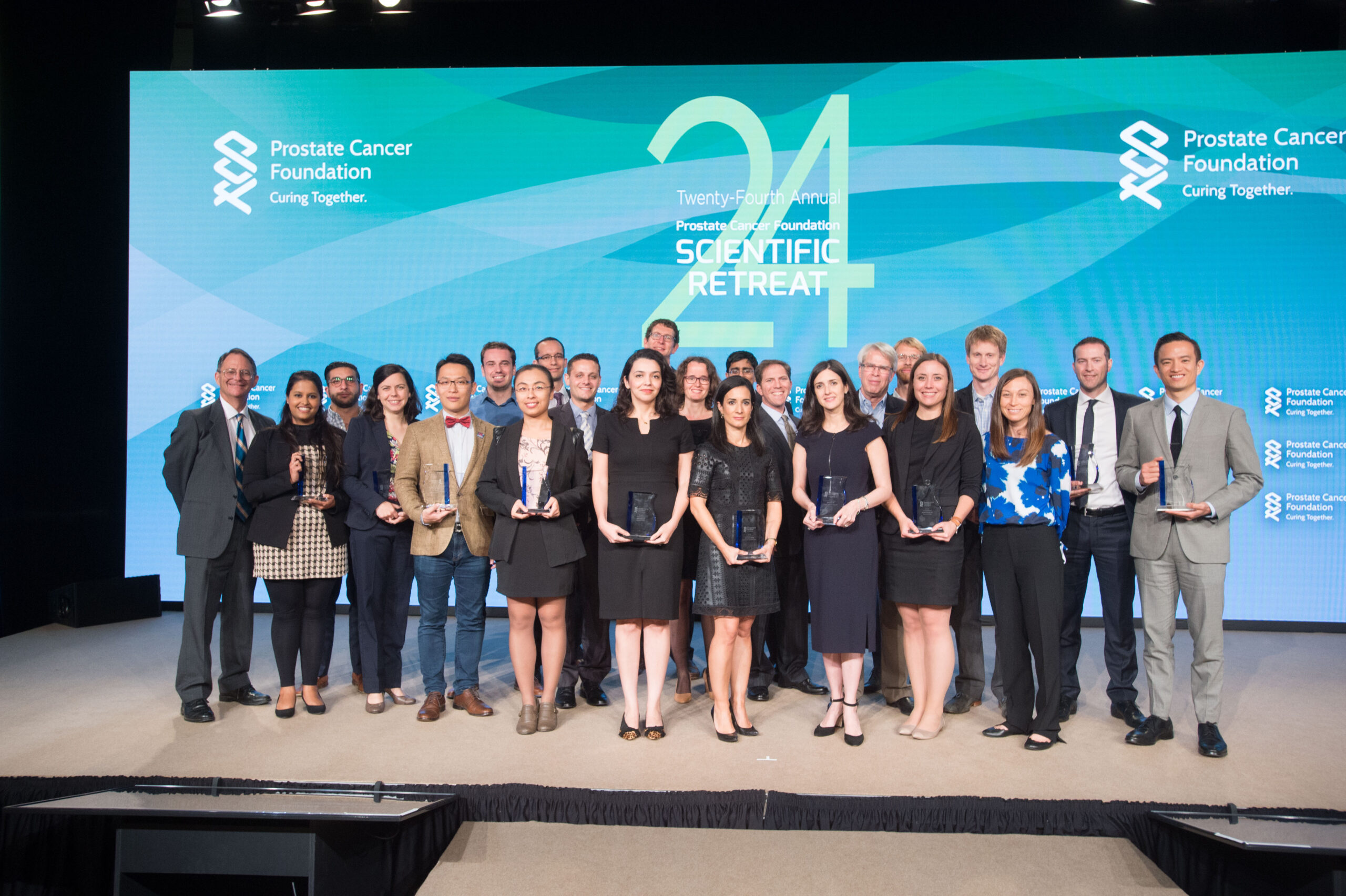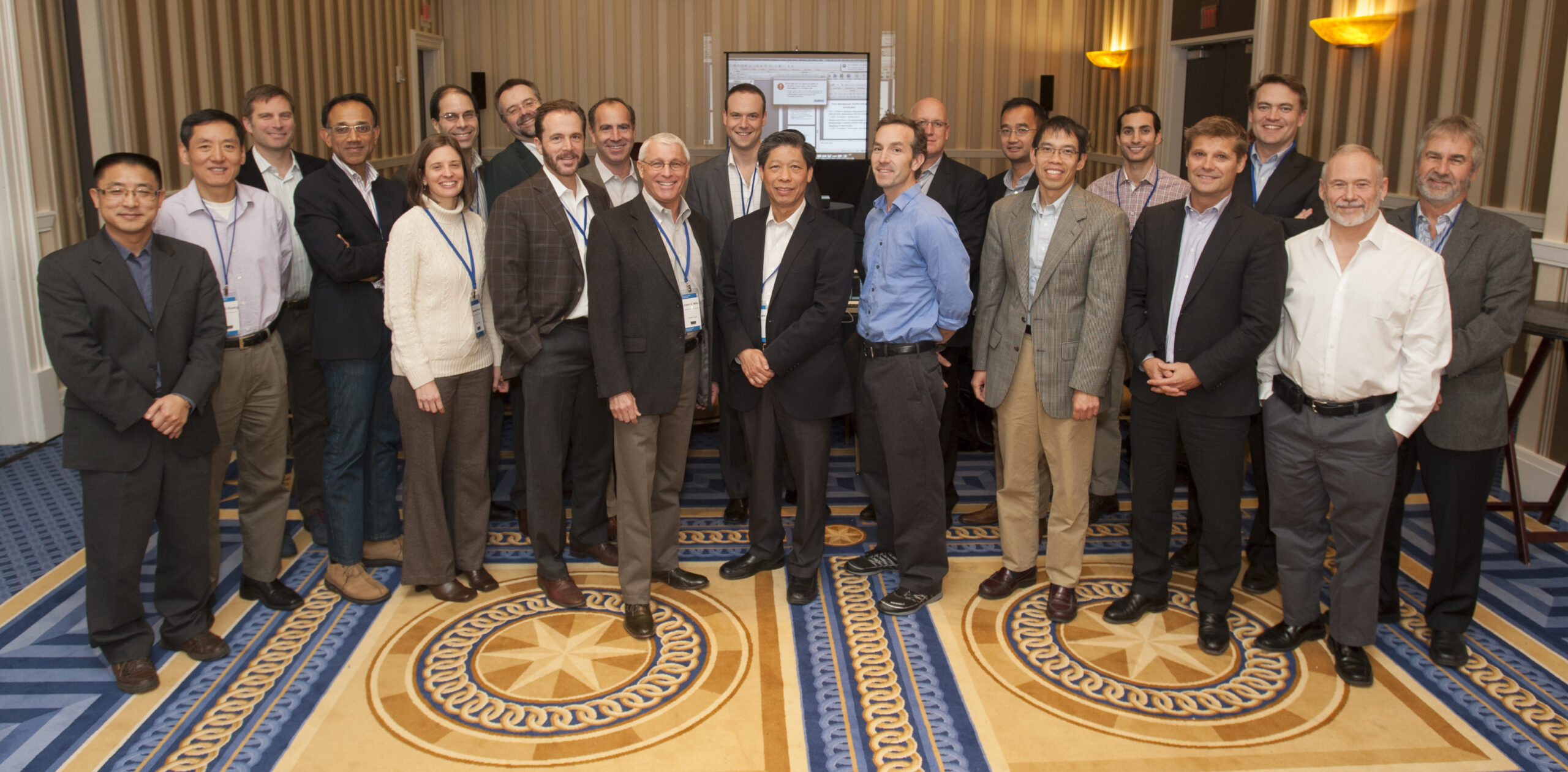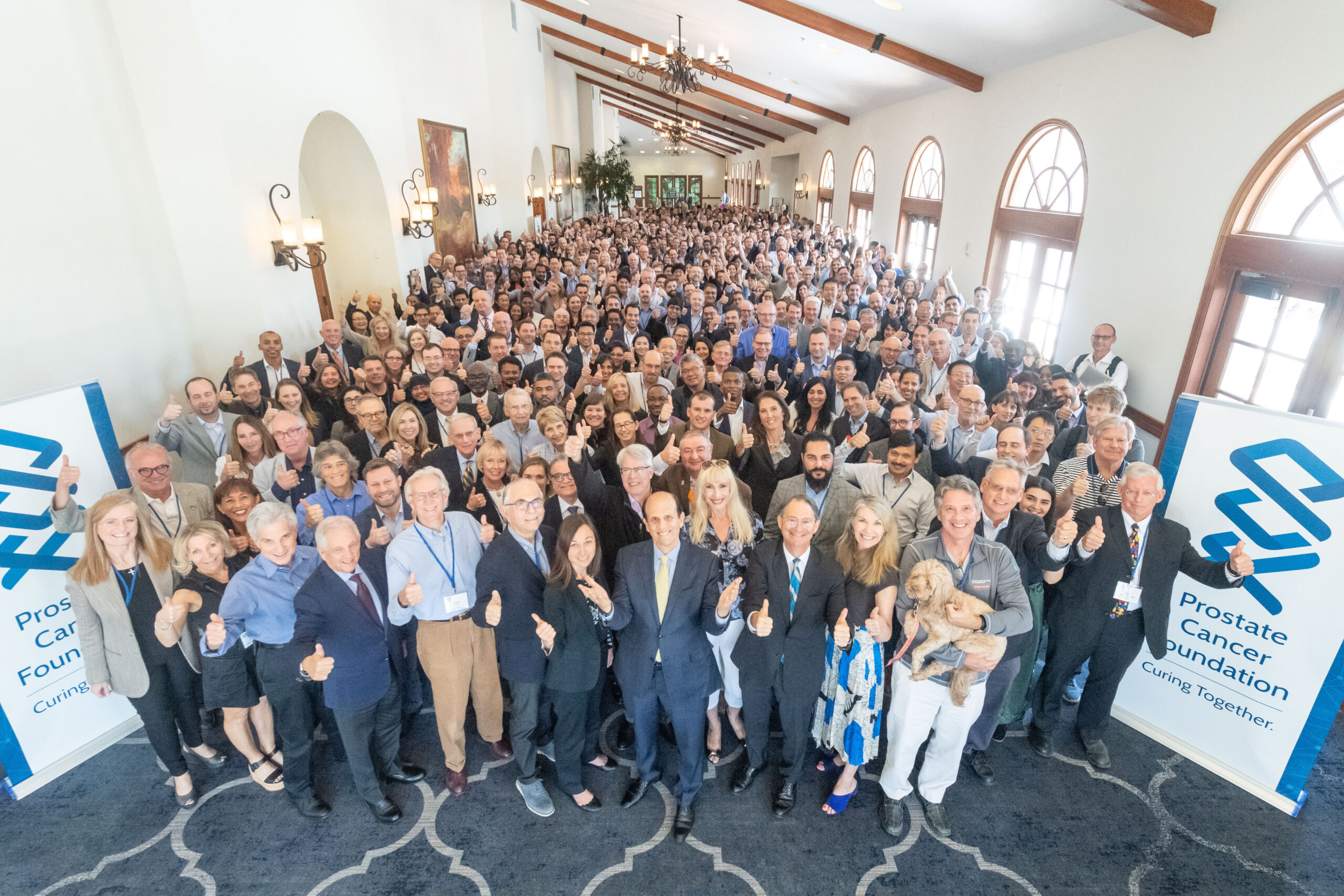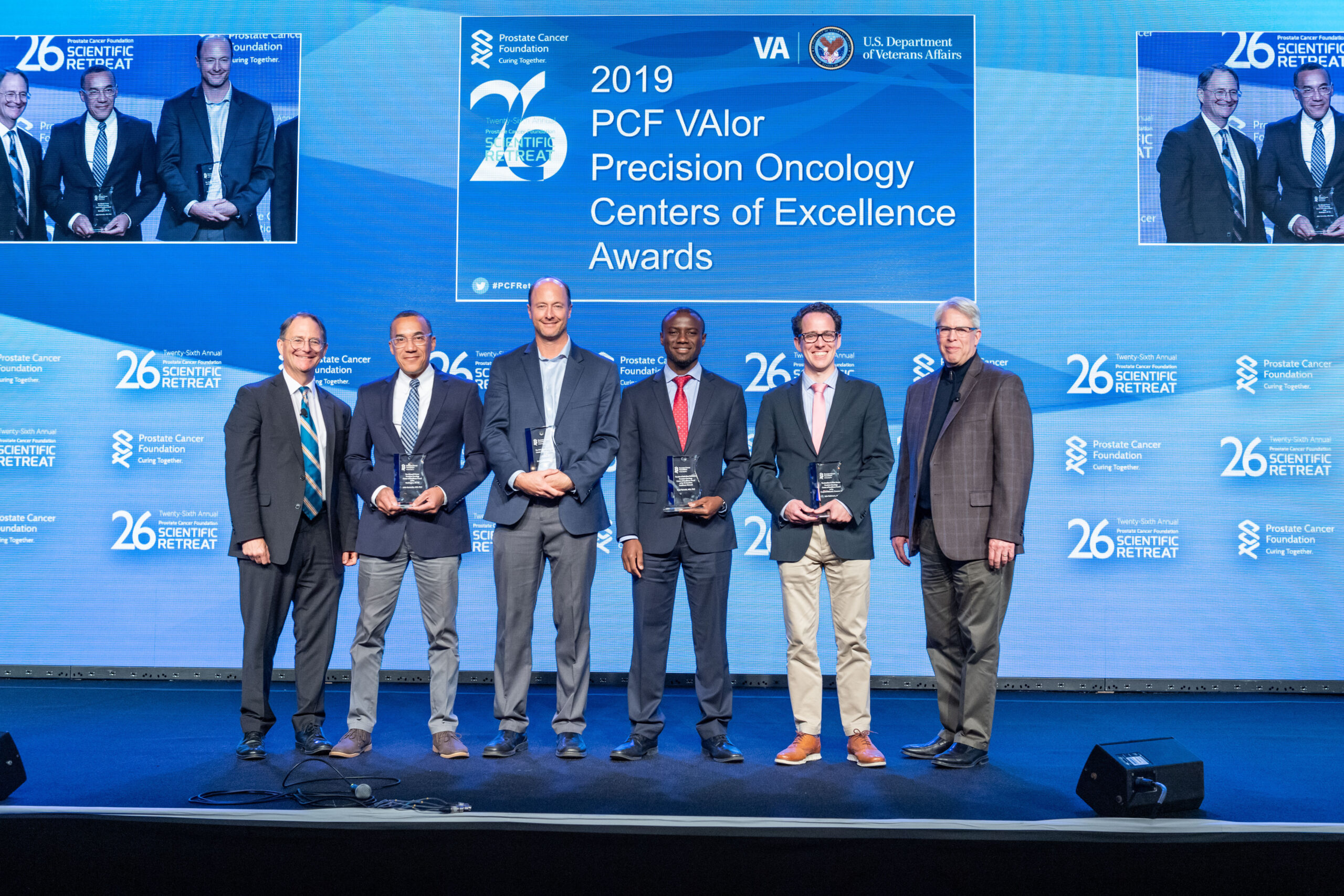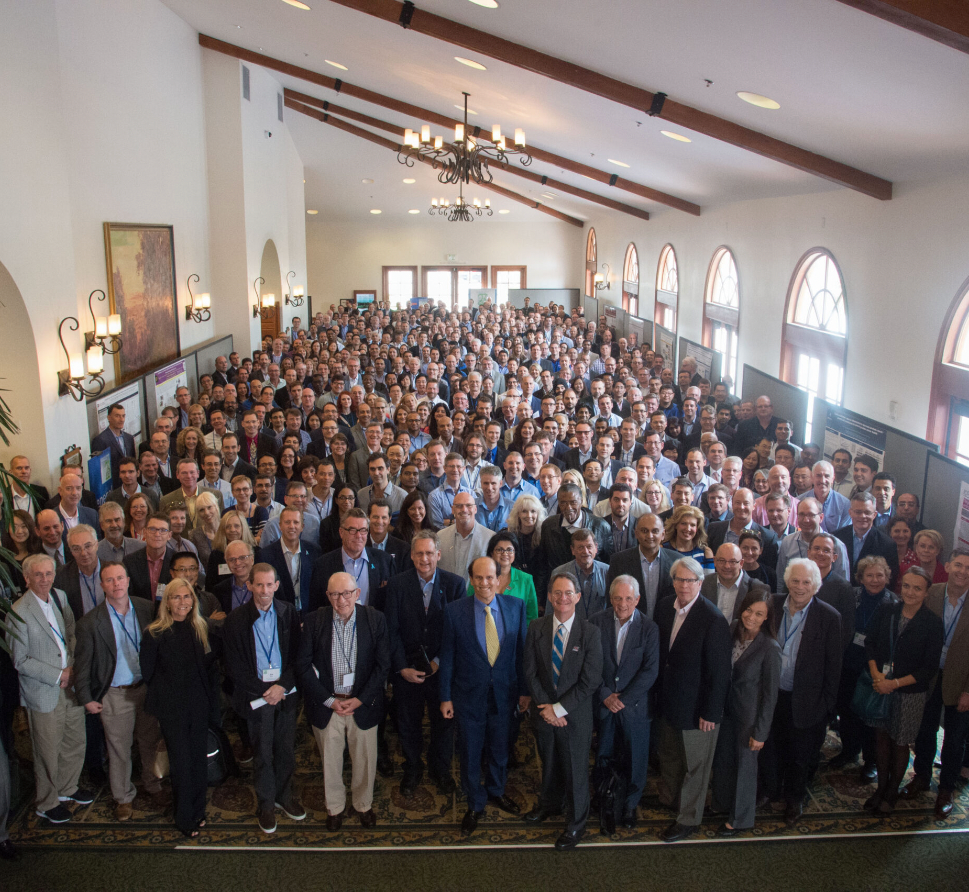
PCF has awarded more than 2,250 projects that offer hope for improving outcomes in patients with prostate cancer. These high-impact projects include clinical research to evaluate new drugs, novel treatment strategies for prostate cancer and basic scientific research to better understand the biology of prostate cancer.
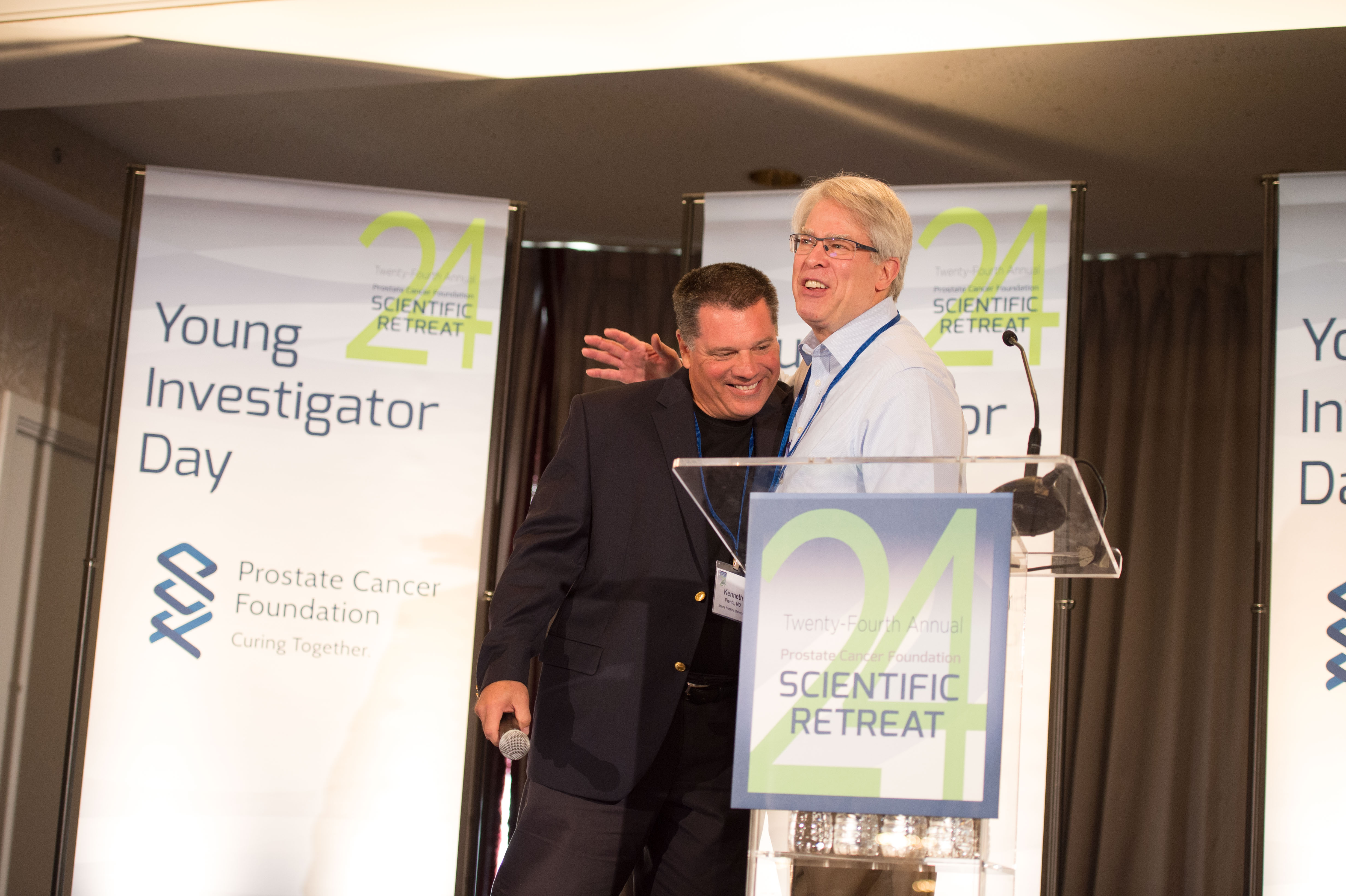
“In 1991, if you were diagnosed with metastatic castrate resistant prostate cancer, the median or average survival was six months, that remained true until PCF came along.”
Kenneth Pienta, M.D.
Professor of Urology and Oncology at Johns Hopkins School of Medicine


